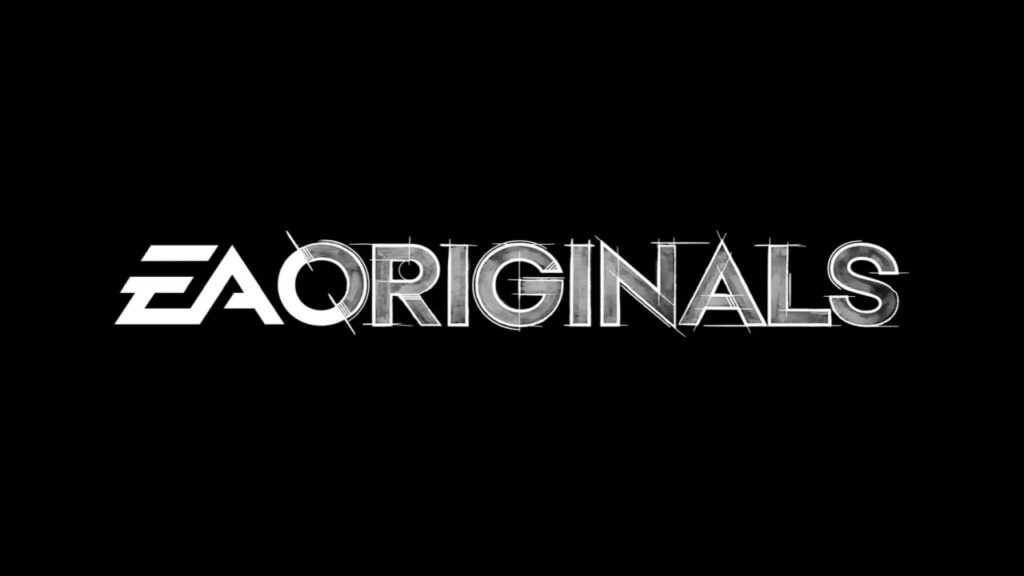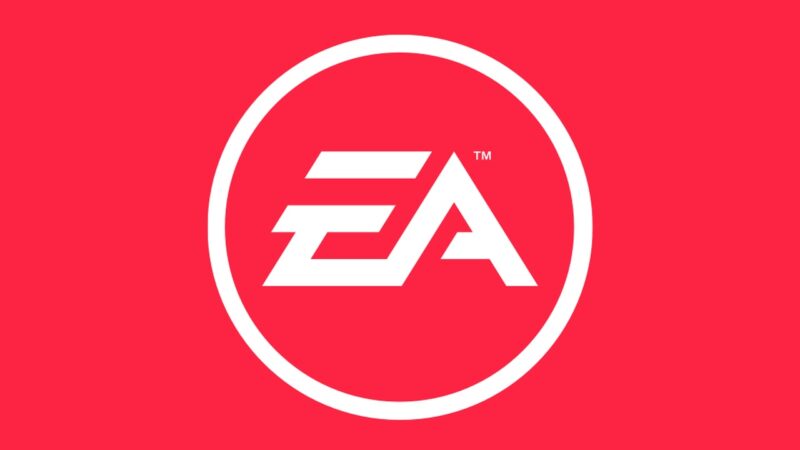EA Originals, Electronic Arts’ brand that aims to bring talented producers to the masses, has been on the agenda for a while. With Immortals of Aveum getting a lot of buzz these days, we talked to Jeff Gamon, who is in charge of the program, about how EA Originals started, past games, and the future.
Hello, let’s start with the inevitable first question of the interviews. Can we get to know you a little bit more? 😊 How did your Electronic Arts journey begin?
Hi Mobidictum, of course. I’ve been making games my entire life and career – they’re pretty much the same thing for me as I started out as a kid programming my own games on 8-bit computers; making video games is all I’ve ever done or known.
I joined EA/Bullfrog back in 1996 and promptly finished and shipped Dark Omen. I was still primarily programming at that point, but as projects and teams grew in size, I moved into production.
In late 2007, I joined the EA Partners group and began the journey I’m still on, working with external studios. I’m now very fortunate to lead that group for EA, as we enjoy partnering with some of the amazing talent our industry has nurtured.
Our first encounter with EA Originals was with the amazing Unravel. It was a warm, loving, thoughtful game, and I remember playing the game while taking notes on the text between chapters. What does Unravel mean to you?
Unravel was the beginning of the EA Originals initiative. It was a relatively small project for EA at the time, but the impact of it was significant. It was one of a handful of indie titles around that time that proved that video games could entertain and move people in meaningful ways, breaking with bombastic conventions and highlighting the incredibly varied creativity and storytelling that games can offer.
The positive, heartfelt reactions we heard from gamers, the games, and mainstream press alike inspired EA to create the EA Originals initiative to find and support more developers like the team at Coldwood.
So, as it was the genesis of the EA Originals program, Unravel (and Unravel 2) remain very dear to me and the EA Partners team.

A recent announcement also indicated some important changes to EA Originals’ strategy. And a title like WILD HEARTS backed that up. Is EA Originals going to move away (partly/completely) from cozy little indie games and towards AAA-quality games made in the indie spirit?
As we’re seeing with WILD HEARTS and Immortals of Aveum, the scope of the EA Originals label is expanding to include larger titles. The core guiding principles of the initiative remain the same, though, what started in 2016 with the goal of supporting small developers and enabling players all over the world to enjoy their wonderful, artistic creations – games that without that support may well have been overlooked – is now a label that discovers independent, electronic artists creating similarly original and high-quality experiences, regardless of their size. This still very much includes smaller titles that we hope can move players, like Unravel and our other EA Originals.
Of course, it goes without saying we are immensely proud of the success of the pioneering EA Originals initiative and its growth into a label with an identity that gamers understand and can rely upon.
Let’s talk about your new game, Immortals of Aveum. It’s being developed by Ascendant Studios, which is a very young studio even though they have an experienced leader like Bret Robbins. What can you tell about the process of getting this project into EA Originals?
The process probably isn’t that interesting; it’s generally long and involves a lot of preparing for meetings and pitching. What is important, though, is the relationship we established with Bret early on. It goes without saying that we were really excited about his vision of a Battlemage shooter (as we thought of it at the time); delivering on that fantasy is long overdue!
Enthusiasm for the concept aside, our teams inside EA immediately connected on a personal level with Bret. A meeting of minds and an openness to ideas and creative collaboration is crucial to the creative process and a successful outcome. Ultimately, it was the ease of the relationship and collaborative development approach before the deal was signed that made us convinced Bret and Ascendant would make great partners for EA.
Immortals of Aveum is a game that immediately attracted attention with its spectacular graphics. On the other hand, it also has some very innovative aspects. What should players expect from Immortals of Aveum?
I think both shooter fans and fantasy fans will really enjoy the game. The combat is fast, fluid, and really intense. The gameplay is as compelling as any FPS out there. The world-building, puzzles, and exploration will definitely appeal to gamers who love action adventure in any setting, and I think everyone loves a good blockbuster story – that never goes out of style!
Immortals of Aveum is a game that stands amongst the highest quality titles available today, a testament to the talent and passion of the Ascendant team.
Does EA Originals’ strategy include increasing the frequency between game releases under this brand?
We don’t have a target frequency, necessarily, and instead focus on finding the right talent and the right projects for our label. We’re always looking for creative, innovative experiences, and if there’s a perfect fit, you better believe we’re going to do what we can to sign them.
You’ve been managing the EA Partners program for the last two years. What is your strategy for the EA Partners program for the coming years? Are you looking to increase the number of studios you work with, or are you focused on core partner-driven growth?
I don’t see the number of titles or partner studios as core to our strategy. The aim of any partnership we enter into is always long term where the first game leads to the second, and so on. If we are successful, then that provides our portfolio growth and enables us to seek out more partner studios but always with the same ambition to be successful together.
Thanks for your time and this lovely interview.





